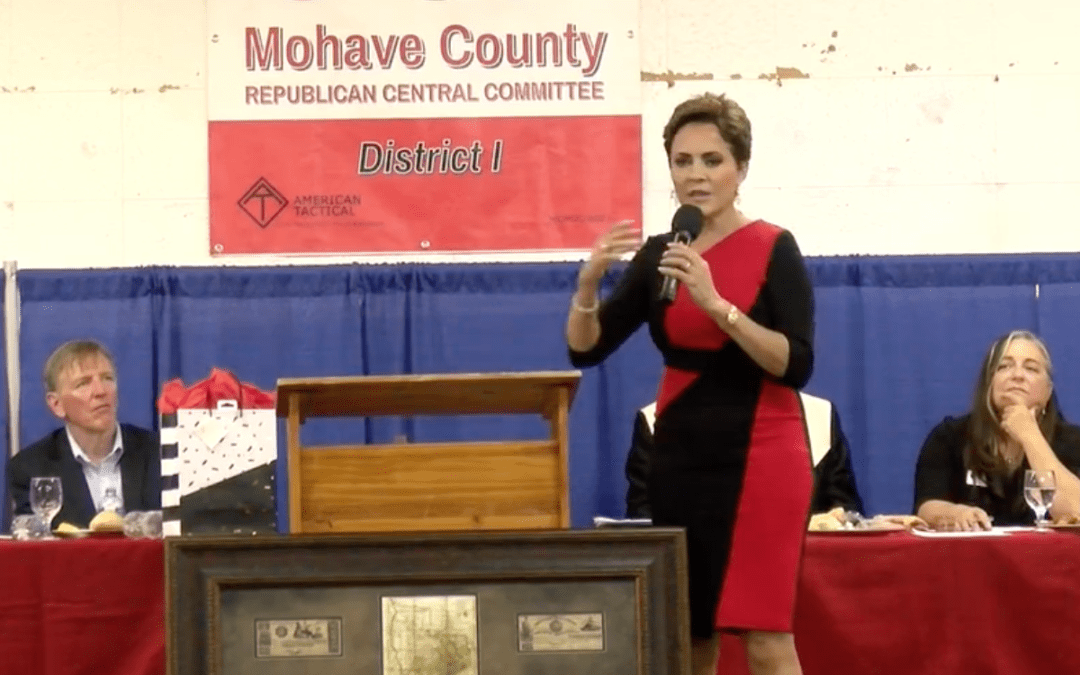
Here’s what’s happening all across Arizona.
Phoenix Mayor Kate Gallego announced plans to bring more shelter beds to Phoenix on Wednesday, calling the city’s rise of residents experiencing homelessness a “crisis situation.”
City zoning only allows for the Human Services Campus, Phoenix’s downtown shelter system, to have up to 425 emergency beds. Campus leaders are working to increase the number to 575 beds, a goal Gallego says she hopes to help them accomplish. Other sought-after upgrades include security features, restroom updates, and collaboration with community members.
“My priorities for the stipulations would include strong communication with neighborhoods, real investments in security and real priority on the facilities,” Gallego said. “Particularly toilet facilities and bathroom facilities, which are among the complaints we have heard most strenuously from the neighborhood.”
Nogales gets 24-hour patrols along border highways
Border officials announced the first 24-hour border patrol in Nogales earlier this week, the first of its kind since the practice was cut as a result of the funding shortages during the 2008 recession.
Calls for round-the-clock law enforcement patrolling highways along the U.S.-Mexico border have been made by Gov. Doug Ducey and law enforcement agencies for several years. Ducey’s 2018 budget established a $90 million Border Strike Force to cover the costs of patrols, but only had select patrols hitting the 20-hour mark by the time the through $82 million of its budget.
Trans ban approved by state House
Legislation introduced by Rep. Nancy Barto, R-Phoenix, that would require any public school in Arizona to designate its sanctioned sports teams as women’s, men’s, or mixed-sex, was approved by the state House of Representatives on Tuesday.
The bill offers broad authority to question student athlete’s sex to any parent and students on opposing teams. The student would then be required to prove the sex they were assigned at birth matches the sex designation of the team.
Originally, the bill required an athlete with disputed sex to provide a doctor’s note confirming their sex based on three componenets: reproductive anatomy, natural levels of testosterone, and genetic makeup. However, the bill passed the House with an amendment striking the first two components and only requiring genetic testing.
Politics

Kari Lake calls on Arizona county sheriffs to enforce 1864 abortion ban
Republican candidate for US Senate Kari Lake on Saturday seemed to solidify her support for Arizona’s total abortion ban and called on county...

VIDEO: Arizona Rep. Greg Stanton ‘We will not stay silent’ on abortion ban
@coppercourier "Under this extreme law, women will die, and their doctors and nurses will be criminalized. This cannot stand," Rep. Greg...
Local News

6 terrifying things that could happen if the Comstock Act is used to target abortion
Does 1873 sound like a really, really long time ago? Well, that’s because it is—but if Republicans and far-right anti-abortion activists have their...

ASU football slapped with probation due to violations during Herm Edwards era
The violations described in the NCAA statement include impermissible in-person recruiting contacts while the state of college athletics was...





